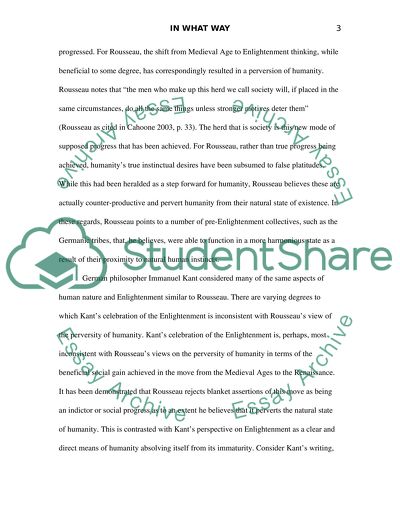Cite this document
(“In What Way, According to Rousseau, is Humanity Perverse Essay”, n.d.)
Retrieved from https://studentshare.org/philosophy/1441156-in-what-way-according-to-rousseau-is-humanity
Retrieved from https://studentshare.org/philosophy/1441156-in-what-way-according-to-rousseau-is-humanity
(In What Way, According to Rousseau, Is Humanity Perverse Essay)
https://studentshare.org/philosophy/1441156-in-what-way-according-to-rousseau-is-humanity.
https://studentshare.org/philosophy/1441156-in-what-way-according-to-rousseau-is-humanity.
“In What Way, According to Rousseau, Is Humanity Perverse Essay”, n.d. https://studentshare.org/philosophy/1441156-in-what-way-according-to-rousseau-is-humanity.


